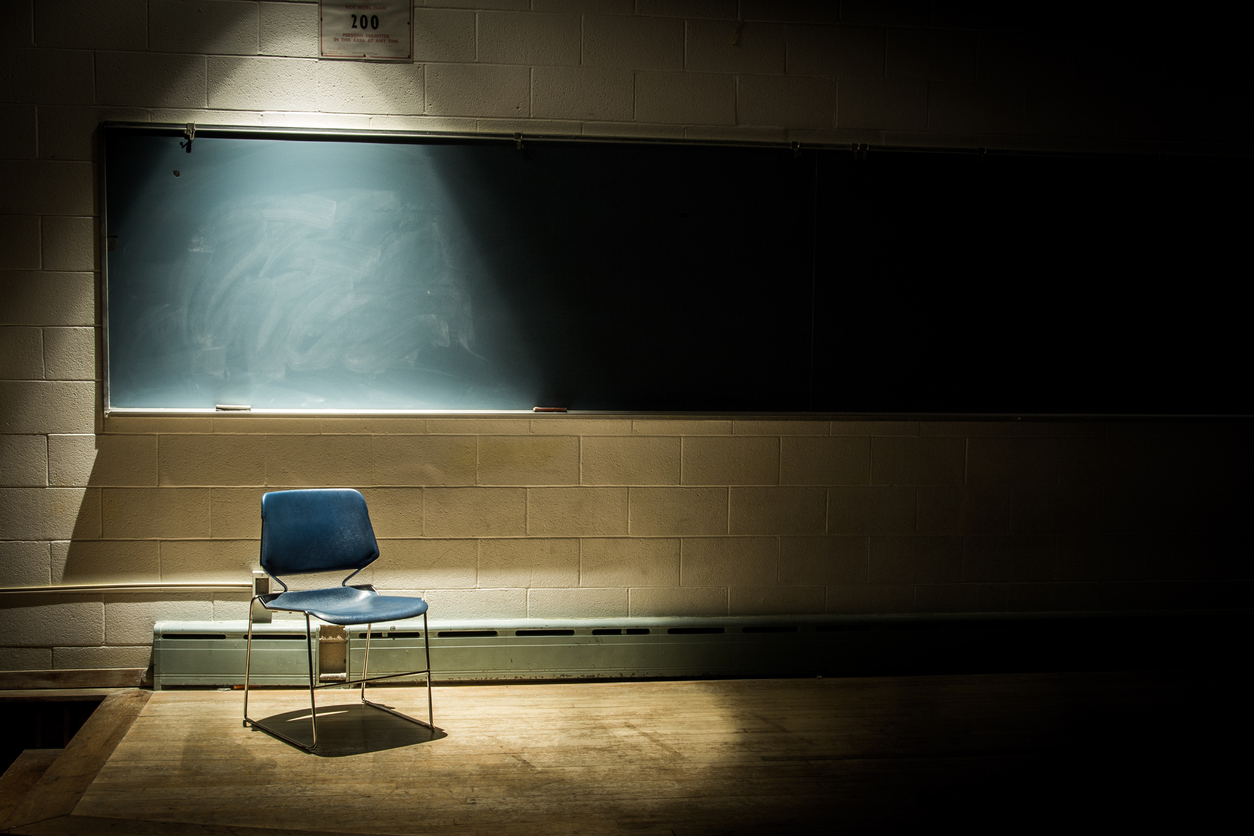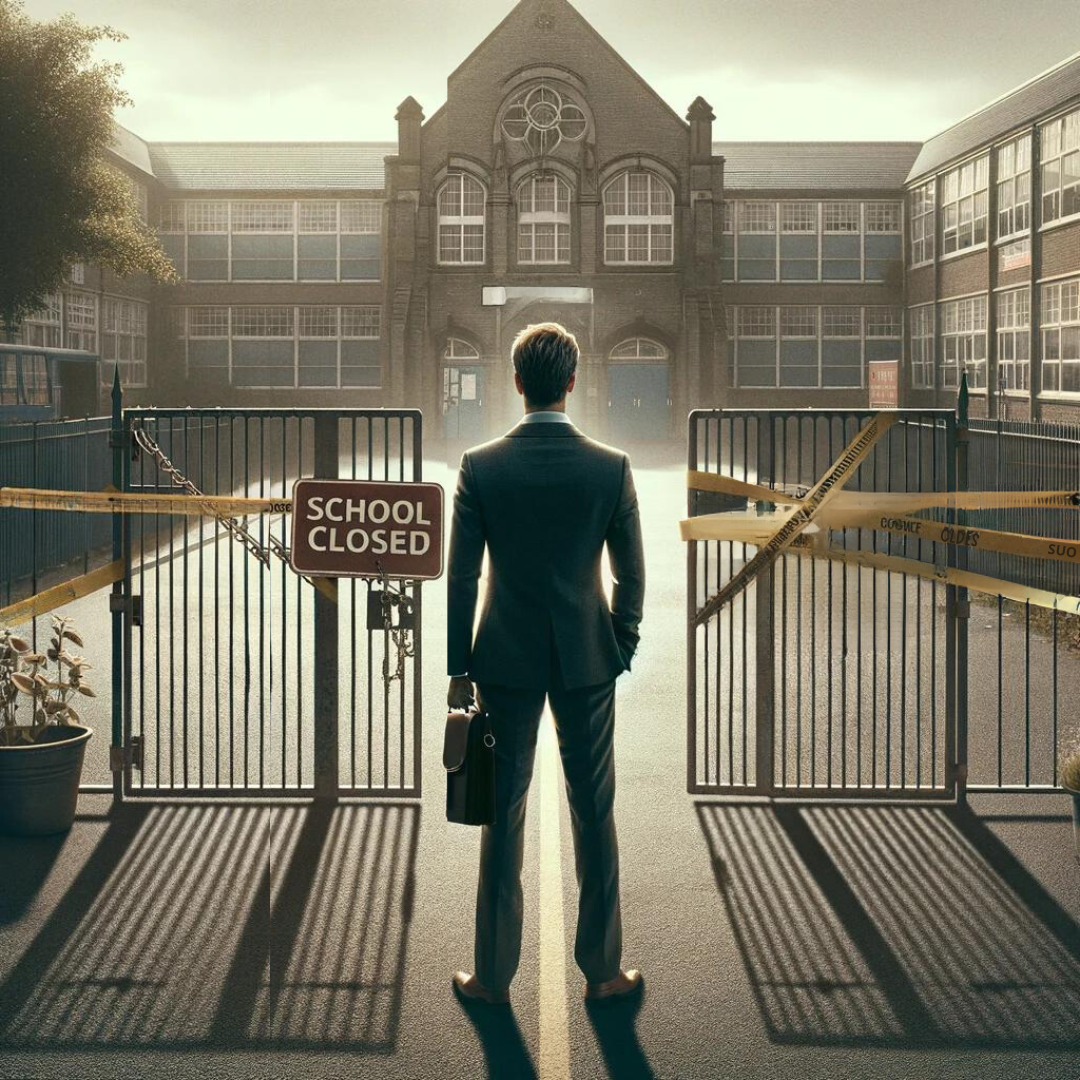Critics of charter schools attack black and Hispanic families for making smart education choices

A recent article published by The Seattle Times repeats the attacks made by charter school opponents against black and Hispanic parents for choosing to enroll their children in a public charter school.
According to this view, these families are accused of “making socioeconomic segregation more uneven” because the failures of traditional schools in their neighborhoods caused them to seek alternatives within the public system. No mention is made of the broad racial, ethnic and socioeconomic diversity that exists in charter schools.
This attitude shows how arrogant and narrow-minded charter school opponents can be toward families of color. These same opponents never criticize upscale families for buying homes in white neighborhoods with good schools. They are not accused of promoting racial bias.
But when low-income black and Hispanic parents, who love their children as much wealthy people do, seek a better choice, one that is offered within the public system, critics say they are contributing to school “segregation.”
Washington’s charter school law was passed by the voters. It is one of the best in the country, and it’s working as intended.
Today about sixty percent of Washington’s 3,500 charter school students come from low-income, black, Hispanic, immigrant and other families belonging to racial minorities. Charters serve students that state officials have identified as at highest risk of academic failure.
Washington has 118 identified failing schools, politely called “Priority” schools by education officials (see the OSPI website), and these schools have a disproportionate impact on children of color. The 44,000 students administrators send to “Priority” schools are most at risk, and therefore have the greatest need for alternative choices. Not surprisingly, the state’s nine charter schools are located in the very neighborhoods with failing “Priority” schools, just where families need them most.
Given the need, the make-up of Washington’s charter schools is entirely the result of voluntary choices made by families, and that’s the key to the learning success of charter schools. Studies show that parents who exercise choice within the public system are more engaged in their children’s education.
There is real discrimination in the system, however. It occurs in the way the legislature and school districts disadvantage charter school families. Of all families receiving a public education, only those in charter schools are banned from receiving their share of local levy funding and state capital funding. Many charter schools actually have to pay monthly rent, a cost that taxpayers cover for traditional school districts.
If charter school critics really cared about equity and justice, they would stop criticizing charter school families for the choices they make, the same choices that upper-income families make every day in the real estate market.
And if lawmakers and school districts care about equity and justice, they would end their policy of funding discrimination, and allow charter school families access to a fair and equal share of public education resources.




